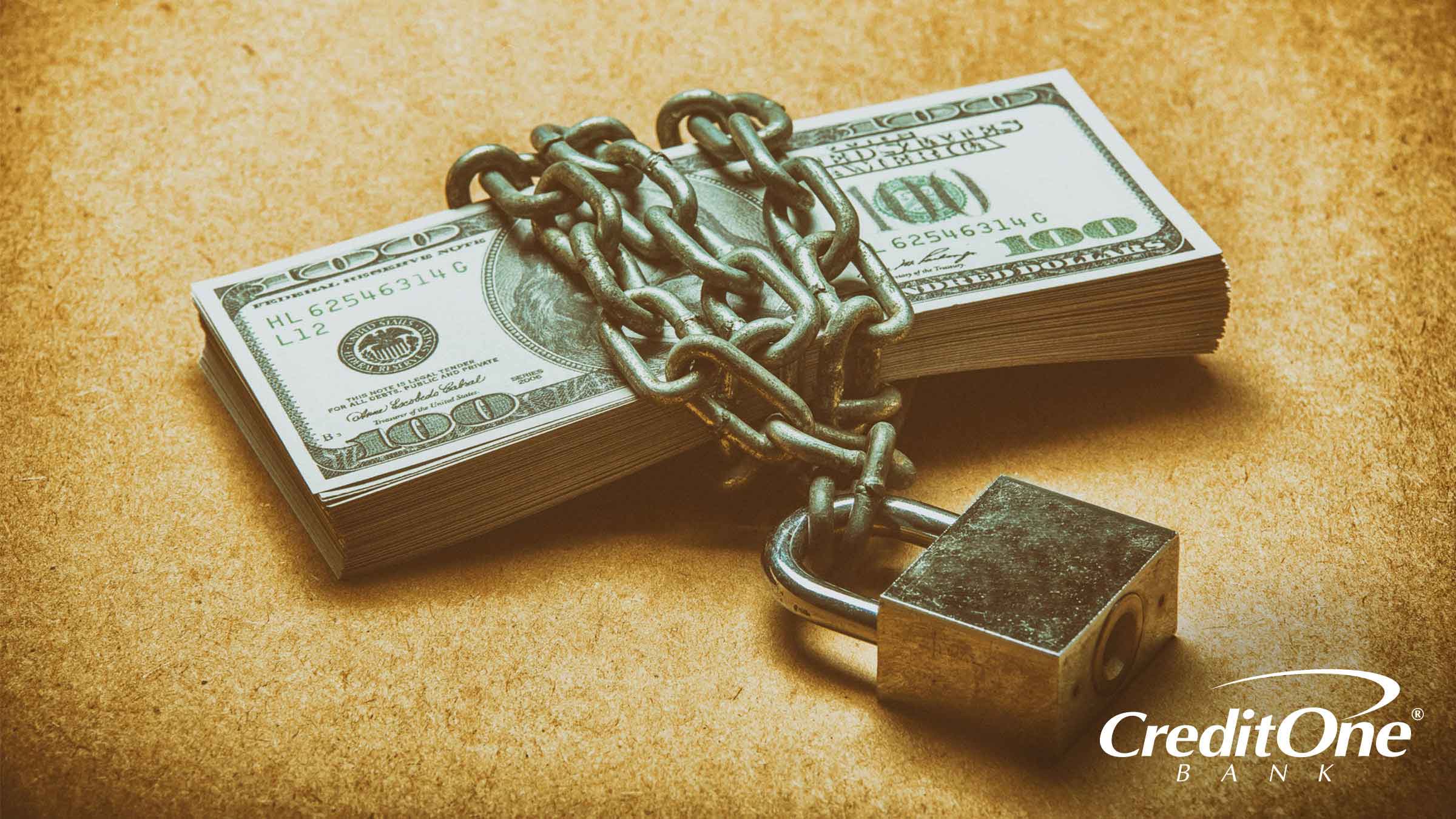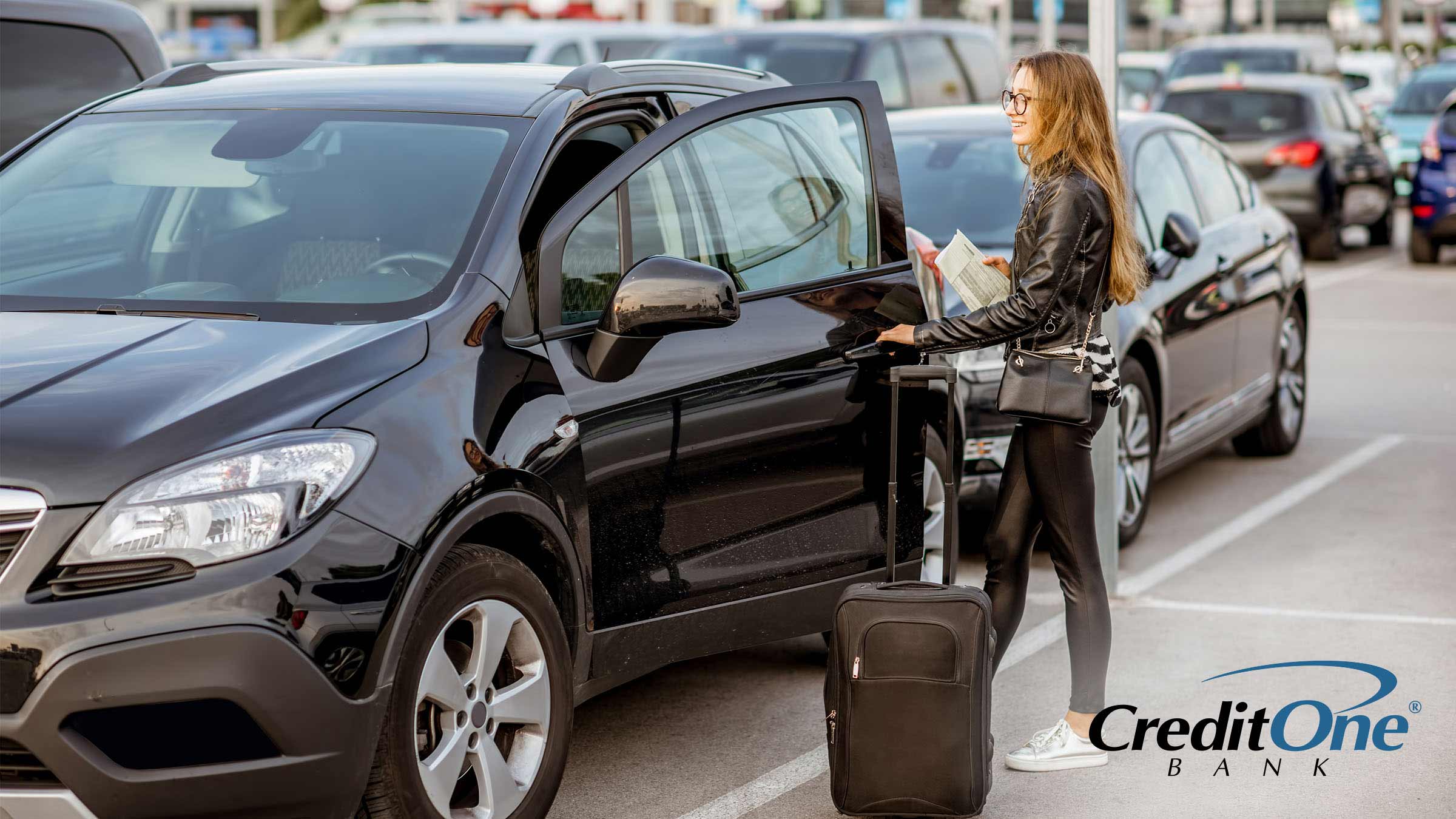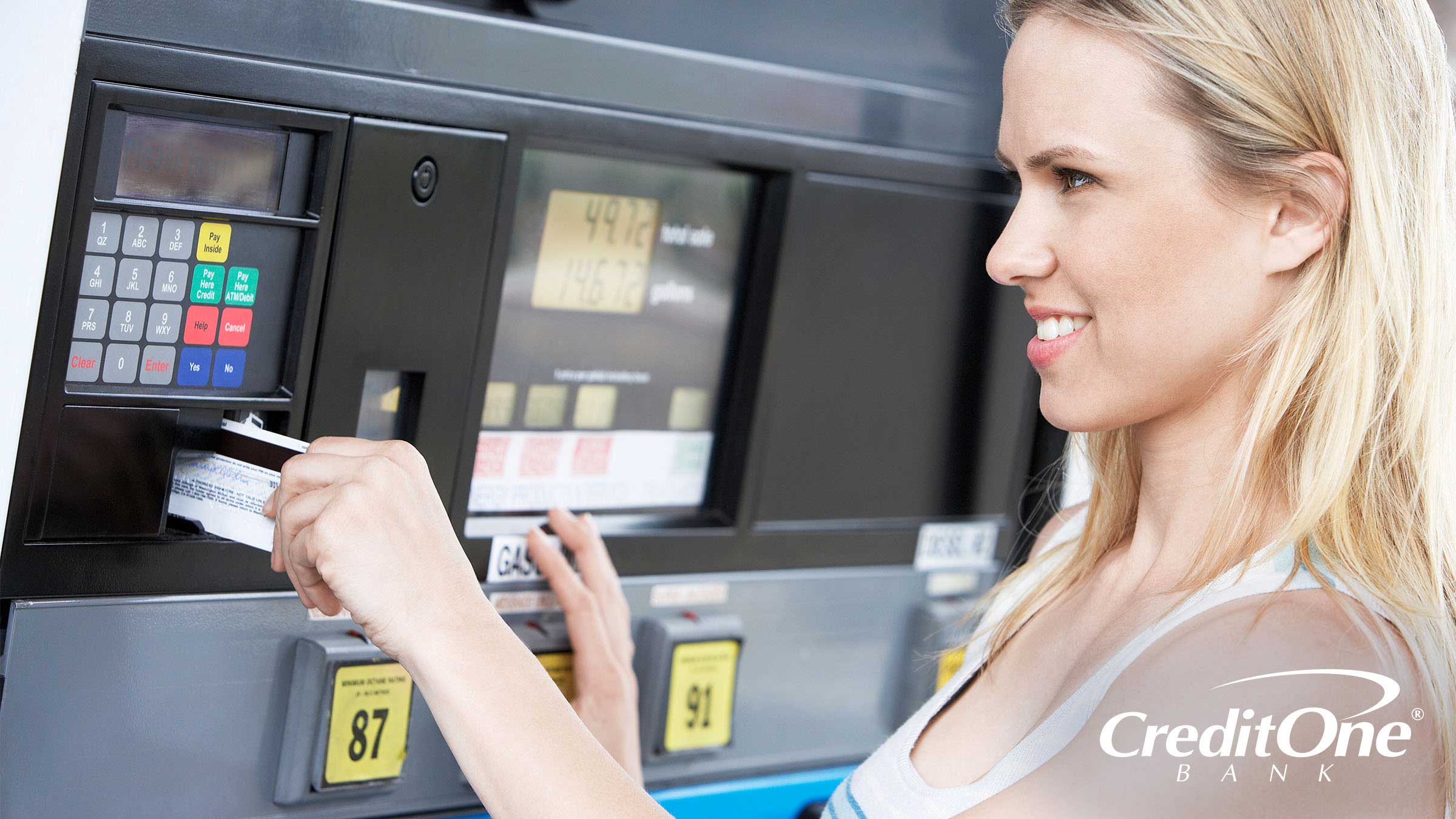Featured Article

Trends and Factors Affecting Generational Financial Trauma
The financial experiences people have early on, whether positive or negative, shape their relationships with money for life. They can affect how people handle paycheck deposits, savings accounts, bills, and credit cards well into adulthood.
Continue Reading
How & Why to Create a Digital Wallet
If you’re still using cash, credit, or debit every time you buy something and are looking for a simpler way to make your payments, creating a digital wallet—aka ‘mobile wallet’—may be the answer. Digital wallets offer a convenient alternative to traditional payment methods, and they don’t require you to carry a wallet full of cash or credit or debit cards to make a purchase.

Secured Credit Card Deposits
A secured credit card is a good way for those with little or no credit history to build credit. But there’s one major difference between a secured and an unsecured, or traditional, credit card. A secured credit card requires that some security, or collateral, be tied to it to minimize the card issuer’s risk. This collateral is in the form of a monetary deposit, which the card holder is required to make before they can start using a secured credit card. This deposit is typically equal to the credit limit of the secured credit card.

Renting a Car with Credit Cards
While most rental car companies will let you settle your bill in cash when you return the car, some will not let you reserve a car with a cash deposit at the beginning of the rental transaction. Other rental car companies may let you rent a car with a cash deposit, but you will most likely have to clear multiple hurdles first—providing proof of insurance, showing a paycheck stub, filling out an application and possibly paying a fee, providing copies of utility bills, and more—plus, you may have to pay the entire cost of the rental up front.
This material is for informational purposes only and is not intended to replace the advice of a qualified tax advisor, attorney or financial advisor. Readers should consult with their own tax advisor, attorney or financial advisor with regard to their personal situations.


![Which Accounts are FDIC Insured and for How Much [Infographic]](/content/dam/cob-corp-acquisition/images/articles/2021/03/104429 COC_39_FDIC Infographic.jpg)
